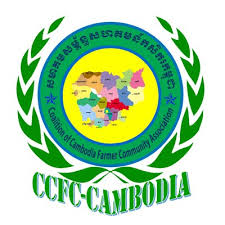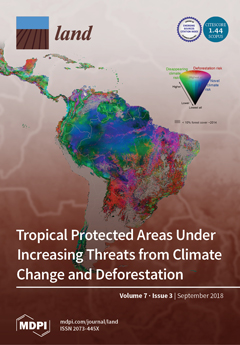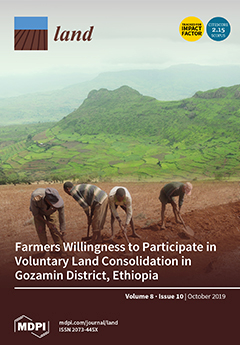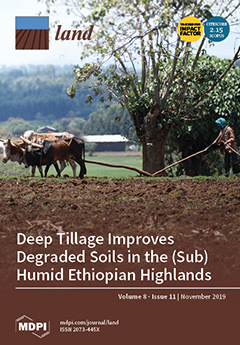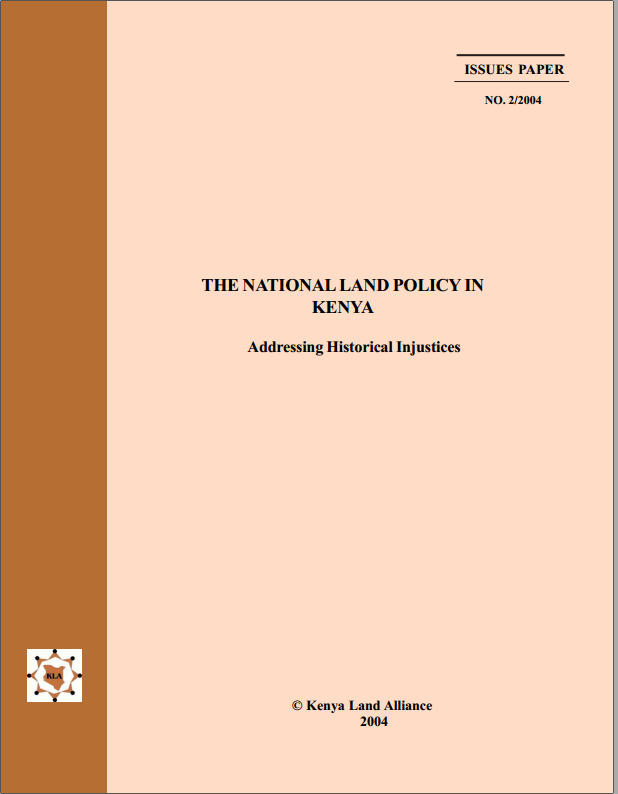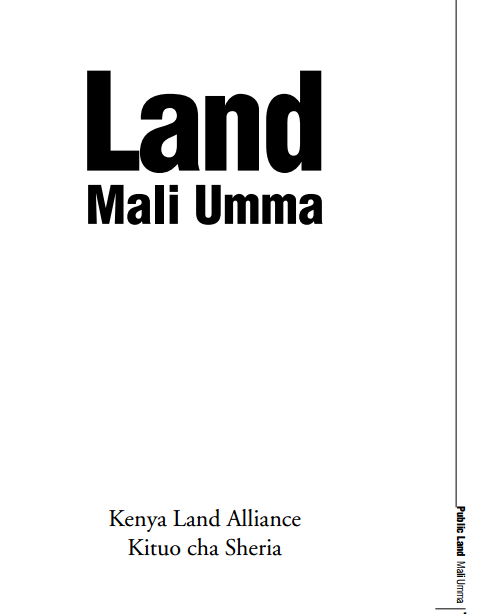2018 inicia el decenio internacional del agua para el desarrollo sostenible
“El agua es vida” se dice comúnmente, y este dicho tiene aún mayor sentido en comunidades del mundo rural latinoamericano donde habitan 65,6 millones de personas, incluyendo a unas 45 millones de personas de más de 800 pueblos indígenas (CEPAL. Los pueblos indígenas en América latina: Avances en el último decenio y retos pendientes para la garantía de sus derechos. Santiago de Chile, 2014). El agua, es el bien común entorno del cual transcurre la vida rural, y el más complejo de gestionar.




